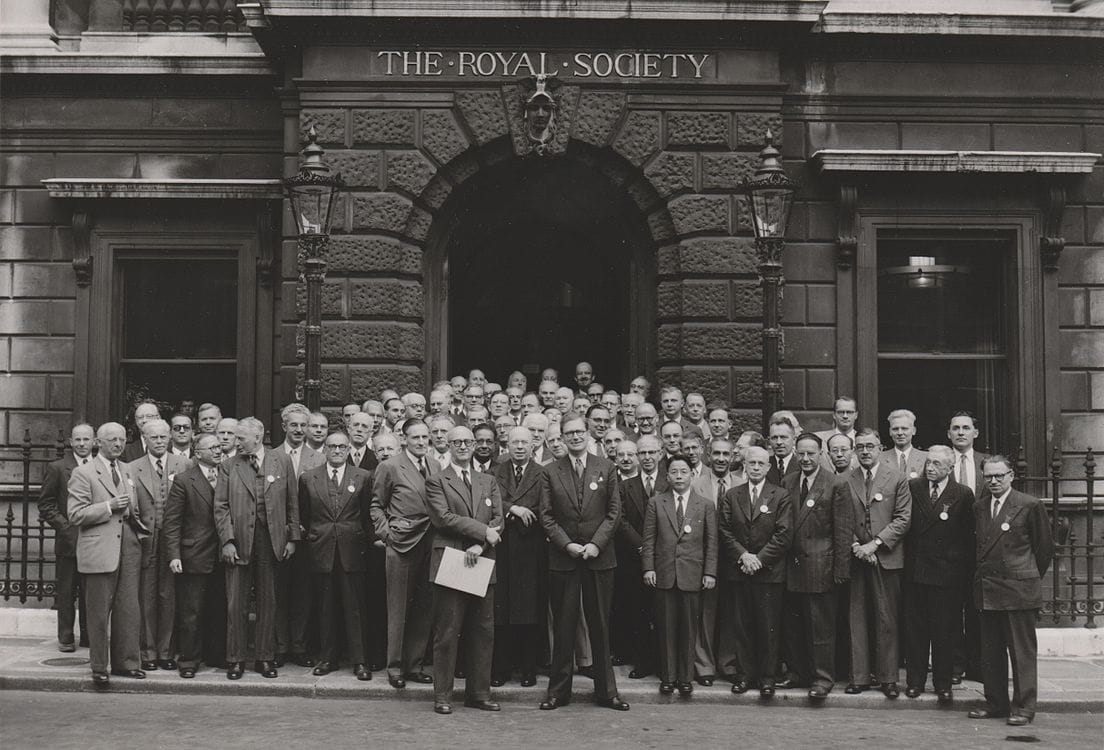
The Royal Society of London, founded in 1660, is the United Kingdom’s national academy of sciences and one of the oldest scientific institutions in the world. Often simply called the Royal Society, it has played a central role in advancing scientific knowledge for over three centuries. The Society’s main mission is to promote scientific excellence, support innovation, and foster knowledge sharing across scientific fields and disciplines. Here’s a closer look at the critical roles the Royal Society fulfills in today’s world.
1. Supporting Scientific Research and Innovation
One of the primary roles of the Royal Society is to support groundbreaking scientific research. The Society provides various grants, fellowships, and funding opportunities to both early-career and established scientists. These financial resources enable scientists to pursue new discoveries, explore innovative ideas, and conduct experiments that may lead to technological advancements. The Royal Society’s funding programs are crucial in helping the UK remain competitive on the global scientific stage.
In addition to funding, the Royal Society offers programs to promote STEM education and encourages the integration of emerging technologies, such as artificial intelligence and biotechnology, into modern research. These initiatives not only contribute to individual career growth but also strengthen the overall scientific community by supporting the infrastructure needed to facilitate ongoing research.
2. Promoting Public Engagement and Science Education
A major part of the Royal Society’s mission is to raise public awareness about scientific issues and foster a greater understanding of science among the general public. To this end, the Society hosts lectures, public discussions, and events that bring scientists and the public together to discuss pressing scientific topics, such as climate change, public health, and technological advancements.
Through initiatives like the Summer Science Exhibition, which showcases interactive exhibits and engaging presentations from top scientists, the Royal Society promotes interest in science and encourages young people to pursue careers in STEM fields. The Society also produces educational resources and works with schools to support science curricula, ensuring that the next generation is well-equipped to understand and contribute to scientific endeavors.
3. Advising the Government on Scientific Matters
The Royal Society plays a vital advisory role for the UK government on matters of science and policy. Through research reports, policy briefings, and expert panels, the Society offers evidence-based recommendations to help shape policies on critical issues, including climate change, energy, health, and science funding. By providing unbiased, scientifically grounded advice, the Royal Society helps inform government decisions on complex challenges that impact society.
The Society’s Science Policy Centre, established in 2006, produces reports and briefings on topics like genetic modification, data governance, and renewable energy. By promoting evidence-based policymaking, the Royal Society helps ensure that the UK’s policies are informed by the latest scientific research and that they reflect the long-term interests of society.
4. Fostering International Collaboration in Science
In today’s interconnected world, international collaboration is essential for advancing scientific research. The Royal Society promotes partnerships with scientific organizations and researchers from other countries, supporting global initiatives that address common challenges, such as infectious diseases, food security, and environmental sustainability.
The Society participates in programs that facilitate exchange between scientists from different nations, creating opportunities for researchers to work on collaborative projects, share data, and exchange ideas. These partnerships not only accelerate scientific progress but also build cultural understanding and trust among the global scientific community.
5. Publishing High-Quality Scientific Research
Since its founding, the Royal Society has been dedicated to the dissemination of scientific knowledge. The Society’s scientific journals, such as Philosophical Transactions—the world’s longest-running scientific journal—and Proceedings of the Royal Society, publish peer-reviewed research articles from scientists worldwide. These publications serve as critical resources for researchers, educators, and students, as they cover various fields from biology and physics to engineering and computer science.
By maintaining high standards of quality and rigor in its publications, the Royal Society helps ensure that credible scientific research is accessible to the academic community and the general public. This commitment to quality publishing not only advances scientific knowledge but also upholds the integrity of the scientific process.
6. Recognizing Scientific Achievement
The Royal Society has a long tradition of celebrating exceptional contributions to science. Through its fellowship program, the Society recognizes scientists who have made significant advancements in their fields. Fellows of the Royal Society (FRS) include some of the most respected names in science, past and present, from Isaac Newton and Charles Darwin to contemporary figures like Stephen Hawking and Tim Berners-Lee. Becoming a Fellow is one of the highest honors a scientist can achieve and represents a lifetime of dedication to advancing human understanding through science.
In addition to the fellowship program, the Society awards several prestigious medals and prizes each year, including the Copley Medal, which is one of the world’s oldest scientific awards. These awards highlight the importance of scientific achievement and encourage continued innovation in science and technology.
The Royal Society of London plays a multifaceted role in advancing science for the benefit of humanity. Through research support, public engagement, governmental advising, international collaboration, publishing, and recognition of scientific excellence, the Society remains at the forefront of promoting science as a global, cooperative enterprise. Its work not only impacts the scientific community but also reaches policymakers, educators, and the public, fostering a more informed and scientifically literate society. As science continues to evolve, the Royal Society remains a vital institution for nurturing discovery and addressing the pressing challenges of our time.





